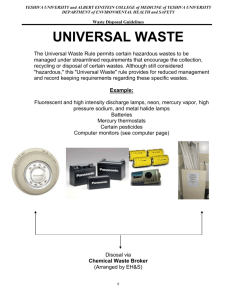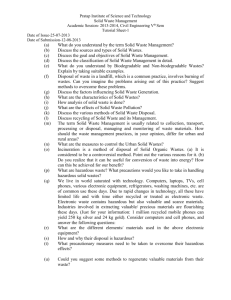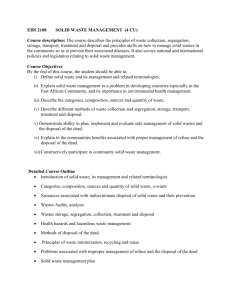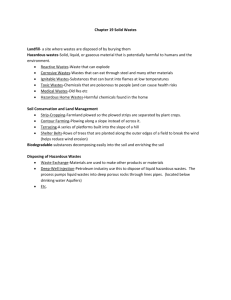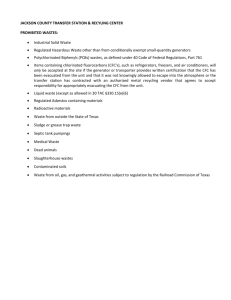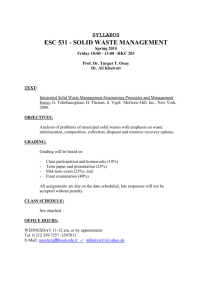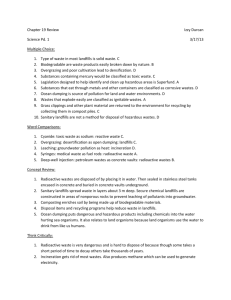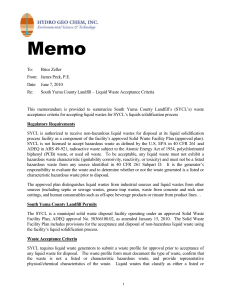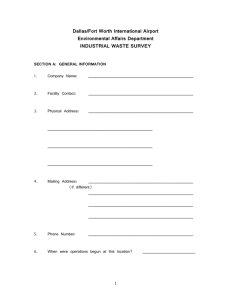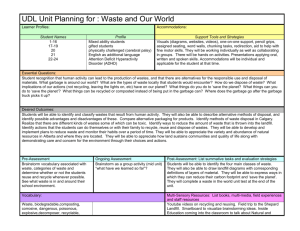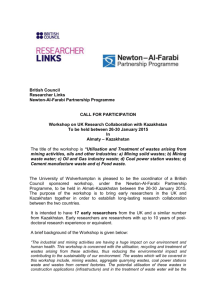festo1
advertisement
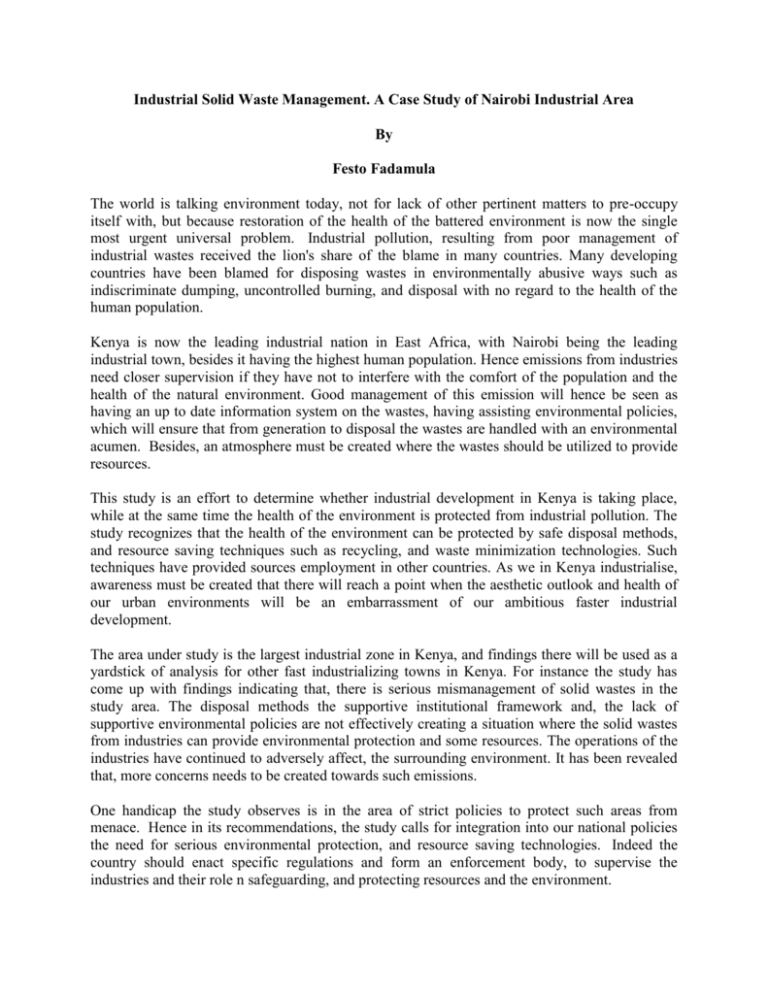
Industrial Solid Waste Management. A Case Study of Nairobi Industrial Area By Festo Fadamula The world is talking environment today, not for lack of other pertinent matters to pre-occupy itself with, but because restoration of the health of the battered environment is now the single most urgent universal problem. Industrial pollution, resulting from poor management of industrial wastes received the lion's share of the blame in many countries. Many developing countries have been blamed for disposing wastes in environmentally abusive ways such as indiscriminate dumping, uncontrolled burning, and disposal with no regard to the health of the human population. Kenya is now the leading industrial nation in East Africa, with Nairobi being the leading industrial town, besides it having the highest human population. Hence emissions from industries need closer supervision if they have not to interfere with the comfort of the population and the health of the natural environment. Good management of this emission will hence be seen as having an up to date information system on the wastes, having assisting environmental policies, which will ensure that from generation to disposal the wastes are handled with an environmental acumen. Besides, an atmosphere must be created where the wastes should be utilized to provide resources. This study is an effort to determine whether industrial development in Kenya is taking place, while at the same time the health of the environment is protected from industrial pollution. The study recognizes that the health of the environment can be protected by safe disposal methods, and resource saving techniques such as recycling, and waste minimization technologies. Such techniques have provided sources employment in other countries. As we in Kenya industrialise, awareness must be created that there will reach a point when the aesthetic outlook and health of our urban environments will be an embarrassment of our ambitious faster industrial development. The area under study is the largest industrial zone in Kenya, and findings there will be used as a yardstick of analysis for other fast industrializing towns in Kenya. For instance the study has come up with findings indicating that, there is serious mismanagement of solid wastes in the study area. The disposal methods the supportive institutional framework and, the lack of supportive environmental policies are not effectively creating a situation where the solid wastes from industries can provide environmental protection and some resources. The operations of the industries have continued to adversely affect, the surrounding environment. It has been revealed that, more concerns needs to be created towards such emissions. One handicap the study observes is in the area of strict policies to protect such areas from menace. Hence in its recommendations, the study calls for integration into our national policies the need for serious environmental protection, and resource saving technologies. Indeed the country should enact specific regulations and form an enforcement body, to supervise the industries and their role n safeguarding, and protecting resources and the environment.
